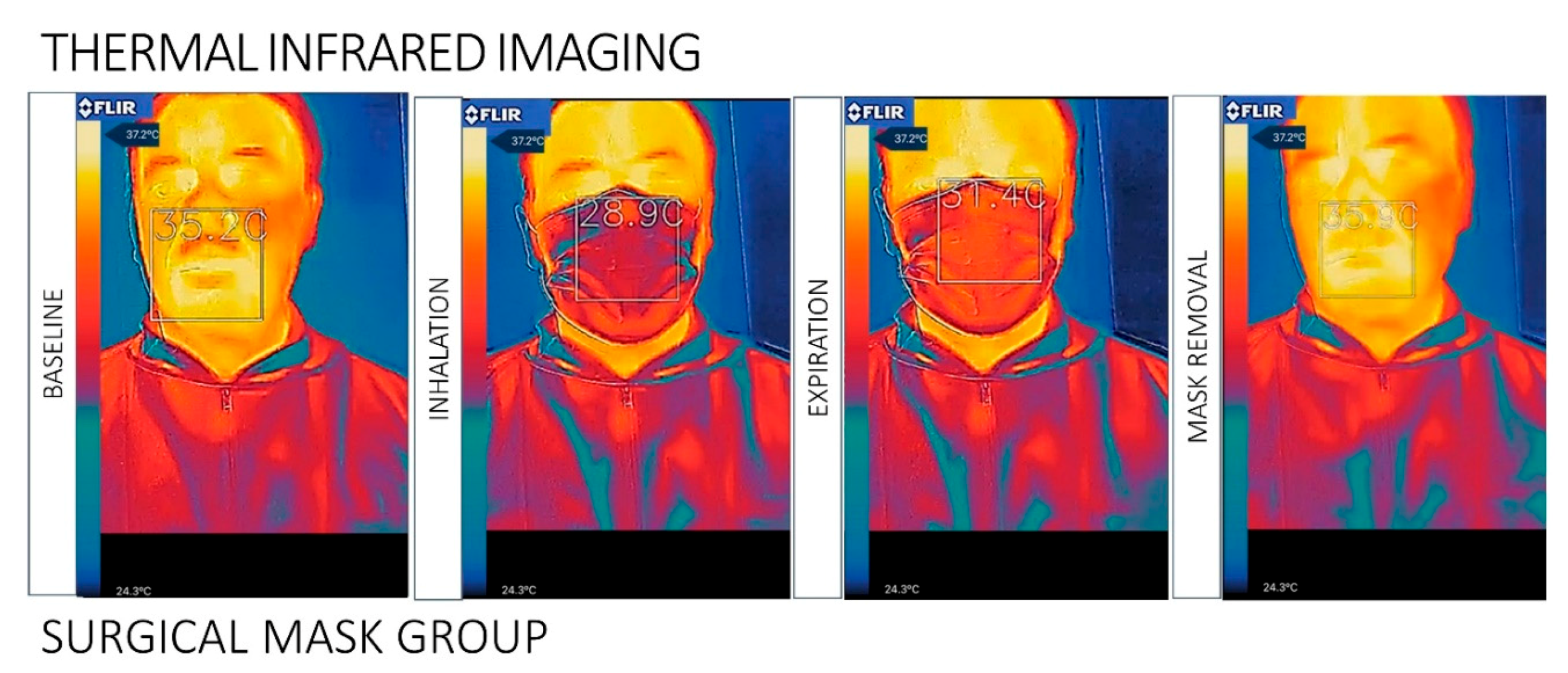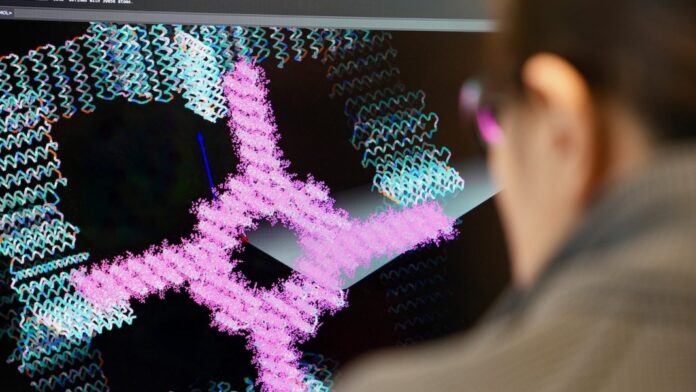Screening for chronic diseases like diabetes and fatty liver disease could soon be as simple as taking a selfie, according to recent research published in the journal Cell Metabolism. Researchers have discovered that the temperature of various facial regions is linked to different chronic conditions. By using an AI-driven thermal camera, doctors could potentially detect diseases at an earlier stage.
Potential for Promoting Healthy Aging
“Aging is a natural process,” said Jing-Dong Jackie Han of Peking University in Beijing, China, in a news release. “But our tool has the potential to promote healthy aging and help people live disease-free.”
The study analyzed facial temperatures of over 2,800 Chinese individuals aged 21 to 88. Researchers aimed to determine if these temperature readings could indicate health status. The data was fed into an AI program that identified key facial regions where temperatures were significantly related to age and health.

Temperature and Specific Health Conditions
The results were revealing. Metabolic disorders like diabetes and fatty liver disease caused higher temperatures around the eyes compared to healthy individuals. High blood pressure led to elevated cheek temperatures. Researchers believe this increase is due to inflammation associated with chronic diseases, causing temperatures to rise in specific facial areas and creating a “thermal clock” for detecting illness.
“The thermal clock is so strongly associated with metabolic diseases that previous facial imaging models were not able to predict these conditions,” Han said.
The study’s implications extend beyond just identifying existing conditions. In a follow-up experiment, researchers investigated whether a healthy habit could influence a person’s thermal clock. They had 23 participants jump rope at least 800 times daily for two weeks. Remarkably, participants reduced their thermal age by five years through this short burst of exercise.
Future Applications
The research team plans to explore if thermal facial imaging can diagnose other illnesses like sleeping disorders or heart problems. This method could revolutionize early disease detection and intervention, making healthcare more accessible and preventive.
“We hope to apply thermal facial imaging in clinical settings, as it holds significant potential for early disease diagnosis and intervention,” Han said.

This breakthrough could pave the way for more personalized and proactive healthcare. With the ability to detect chronic diseases through a simple thermal selfie, individuals could monitor their health more effectively and make timely lifestyle changes. As this technology develops, it promises to enhance our understanding of the human body and improve our ability to combat chronic diseases.
Stay tuned to Brandsynario for latest news and updates.











































